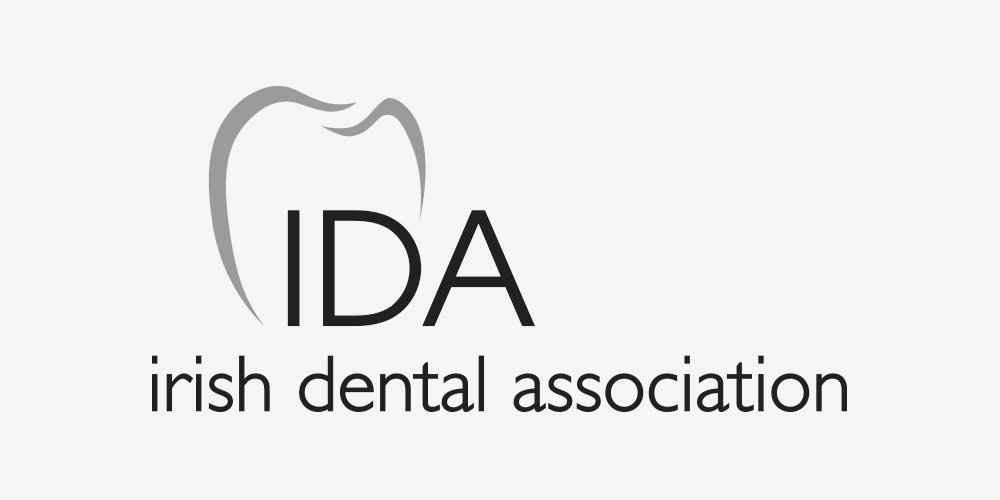Wisdom Tooth Extraction
A wisdom tooth that is severely damaged may need to be removed. A surgeon who specializes in surgeries of the mouth (oral and maxillofacial surgeon) or your dentist can remove a tooth.
Before undergoing a wisdom tooth extraction, your dentist will give you a local anesthetic to numb the area where the tooth will be removed.
After the tooth is removed, you may need stitches. You can gently bite down on a cotton gauze pad placed over the wound to help stop the bleeding. The removed wisdom tooth can be replaced with an implant, a denture, or a bridge. A dental bridge is a replacement for one or more (but not all) of the teeth and may be permanent or removable.
What To Expect After Wisdom Tooth Surgery
In most cases, the recovery period after wisdom tooth surgery lasts only a few days. The following will help speed recovery:
• Take painkillers as prescribed by your dentist or oral surgeon.
• After 24 hours, rinse your mouth gently with warm salt water several times a day to reduce swelling and relieve pain.
• Change gauze pads before they become soaked with blood.
• Relax after surgery. Physical exercise may increase bleeding.
• Avoid smoking after wisdom tooth surgery.
• Eat soft foods, such as gelatin, pudding, or a thin soup. Gradually add solid foods to your diet as healing progresses.
• Do not lie flat. This may prolong bleeding. Prop up your head with pillows.
• Avoid rubbing the area with your tongue.
• Continue to carefully brush your teeth and tongue.
After the wisdom tooth is removed, you may need stitches. Some stitches dissolve over time, and some have to be removed after a few days. Your dentist will tell you whether your stitches need to be removed.
Why Is A Wisdom Tooth Extraction Done
Removing a tooth is necessary when decay or an abscessed tooth is so severe that no other treatment will cure the infection.
How Well It Works
Removing the tooth can help keep infection from spreading to other areas of your mouth.
Risks with Wisdom Tooth Extraction
Some dental work can cause bacteria in the mouth to enter the bloodstream and cause infections in other parts of the body. People who have a hard time fighting off infections may need to take antibiotics before and after dental surgery. Such people include those who have artificial heart valves and those who were born with heart defects.
What To Think About
A wisdom tooth extraction should be done as soon as possible to avoid the spread of infection and more serious problems. In cases in which a root canal treatment might not save the tooth, your dentist may recommend that the wisdom tooth be removed and a bridge or implant installed.











